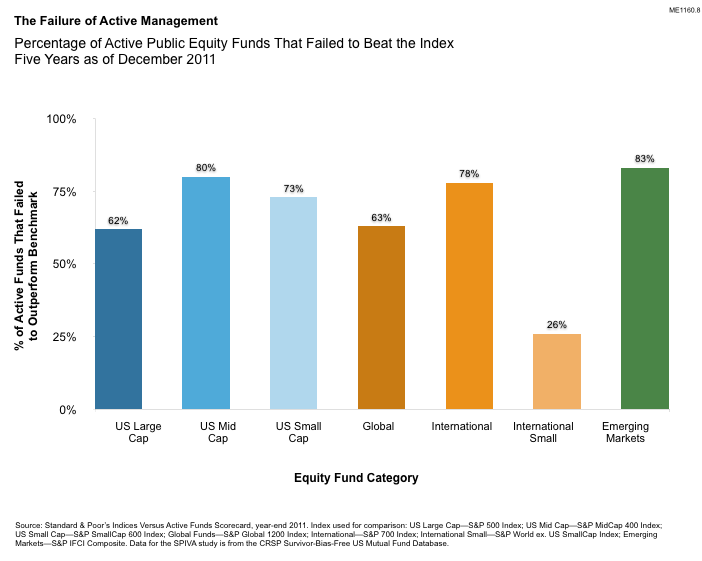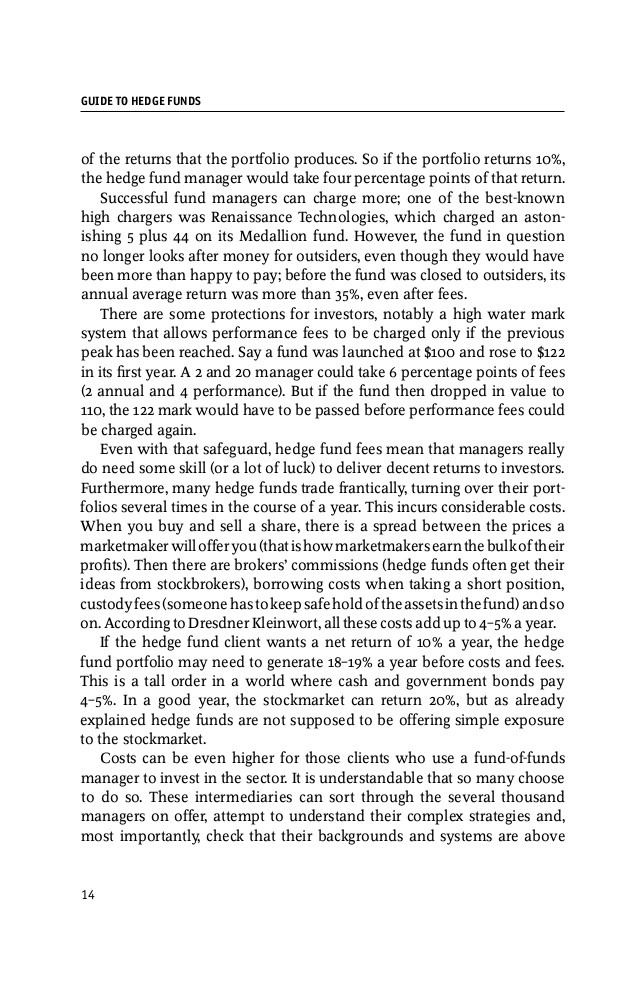FUNDS Investors can blame themselves for their mutual fund losses
Post on: 27 Июнь, 2015 No Comment

BOSTON Who is to blame for mutual fund investors grievous losses? Corrupt executives? Greedy accountants? Incompetent money managers? While they all share some portion of the blame, some wounds are self-inflicted.
Maybe thats not so bad. If fund investors themselves are to blame for some losses, they can fix the situation by simply changing their behavior.
The biggest problem though is that investors chase hot funds.
Many investors continue to make the classic mistake of chasing performance, said Greg Schultz, a financial adviser in Walnut Creek, Calif. The good news is that the problem is easy to solve. Its just a matter of education.
In reality, fund investors have performed even worse than mutual funds themselves. Schultz cited a recent study by financial services research firm Dalbar Inc. which looked at fund performance during the 17 years through 2000. The average stock fund gained 14 percent a year, but the typical mutual fund investor gained only 5.3 percent a performance gap that is downright shocking.
Another recent study found that the average fund gained 5.7 percent annually during the three years through 2001, while the average fund investor gained only 1 percent.
What causes fund investors to lag funds? Most investors buy the wrong funds at the wrong times. They tend to sell out of funds that have suffered a few poor years so that they can move their cash into funds that have been on winning streaks.
When investors do that, they are, in effect, selling low so that they can buy high. For example, value funds trailed growth funds by wide margins during the late 1990s, and as a result, many investors abandoned value for growth funds.
Many of those investors made the switch just in time to miss the comeback in value funds and just in time to ride growth funds straight into a wall. The average value fund has gained 9.3 percent since March, 2000, while growth funds on average have lost 63.4 percent.
Fact is, investors like fund managers need patience to earn strong long-term returns. Schultz pointed out another study by financial advisory and consulting company Cambridge Associates that found that 98 percent of top-ranked money managers during the last 10 years performed poorly during at least one three-year period.
Moral: If you want to hold funds that generate superior long-term gains, you must weather sustained periods of poor returns.

Recently, some excellent funds have under-performed the market by wide margins. One example is Legg Mason Value (800-557-8589; $1,000 minimum investment; no load). Manager Bill Miller is a contrarian who concentrates his funds assets in out-of-favor stocks and then waits for them to recover. The fund is down 18.5 percent so far this year 1.7 percentage points behind the S&P 500. Whats more, his portfolio holds some scary-looking stocks, including Amazon.com (down 86 percent since December 1999) and Waste Management (down 55.5 percent since June 1999).
But Miller has compiled a sterling long-term record during the past decade, beating the S&P 500 for 10 straight years through 2001. He did it by creating an eclectic portfolio of bold stock picks. Most observers figure that his approach will continue to pay off for long-term investors.
Many fund investors lost money during the recent market downturn because they forgot the first rule of investing: diversify. Caught up by the potential for big gains in technology shares or blue-chip growth stocks, they ignored foreign markets, value stocks, small-company shares, real estate and bonds.
Their portfolios were exposed to the full brunt of the collapse in technology and large-cap growth stocks that took place during the past couple years. Meanwhile, they missed out on gains in sectors such as real estate and bonds.
Some investors have concluded that the stock market is a no-win game, thanks to crooked executives and misleading corporate reports. As a result, such investors have decided to stay away from stocks altogether. Many of those investors rushed to buy stocks when shares were expensive, and now they are missing out on opportunities to buy shares at attractive prices.
A better approach would be if you made mistakes, admit them. Fix the problem by creating a diversified portfolio of solid funds that you can hold through a variety of market conditions.














